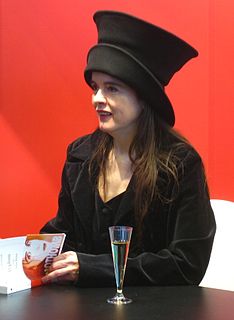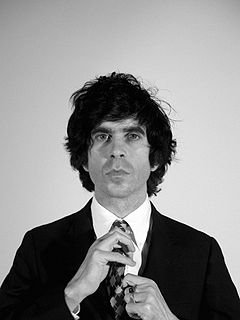A Quote by Milan Kundera
I understood that there was no escaping the memories, that I was surround by them. (p.30)
Quote Topics
Related Quotes
Of course you have memories, and these memories are convincing. But it's really at the moment when I write them down - when I write about my relationship with that Japanese boy in Ni d'Eve, Ni d'Adam - that they reach a degree of reality which is incandescent, that I've really conquered a story, understood it and feel that it is really part of me.
It is not however, adulthood itself, but parenthood that forms the glass shroud of memory. For there is an interesting quirk in the memory of women. At 30, women see their adolescence quite clearly. At 30 a woman's adolescence remains a facet fitting into her current self.... At 40, however, memories of adolescence are blurred. Women of this age look much more to their earlier childhood for memories of themselves and of their mothers. This links up to her typical parenting phase.
Analysis helps patients put their unconscious procedural memories and actions into words and into context, so they can better understand them. In the process they plastically retranscribe these procedural memories, so that they become conscious explicit memories, sometimes for the first time, and patients no longer need to "relive" or "reenact" them, especially if they were traumatic.






































